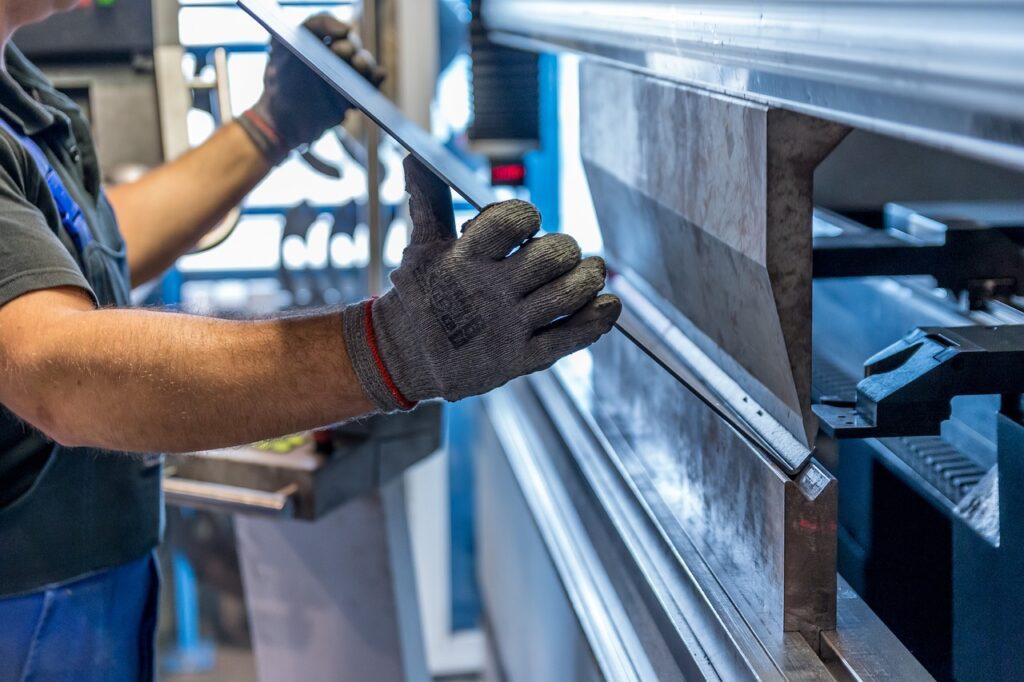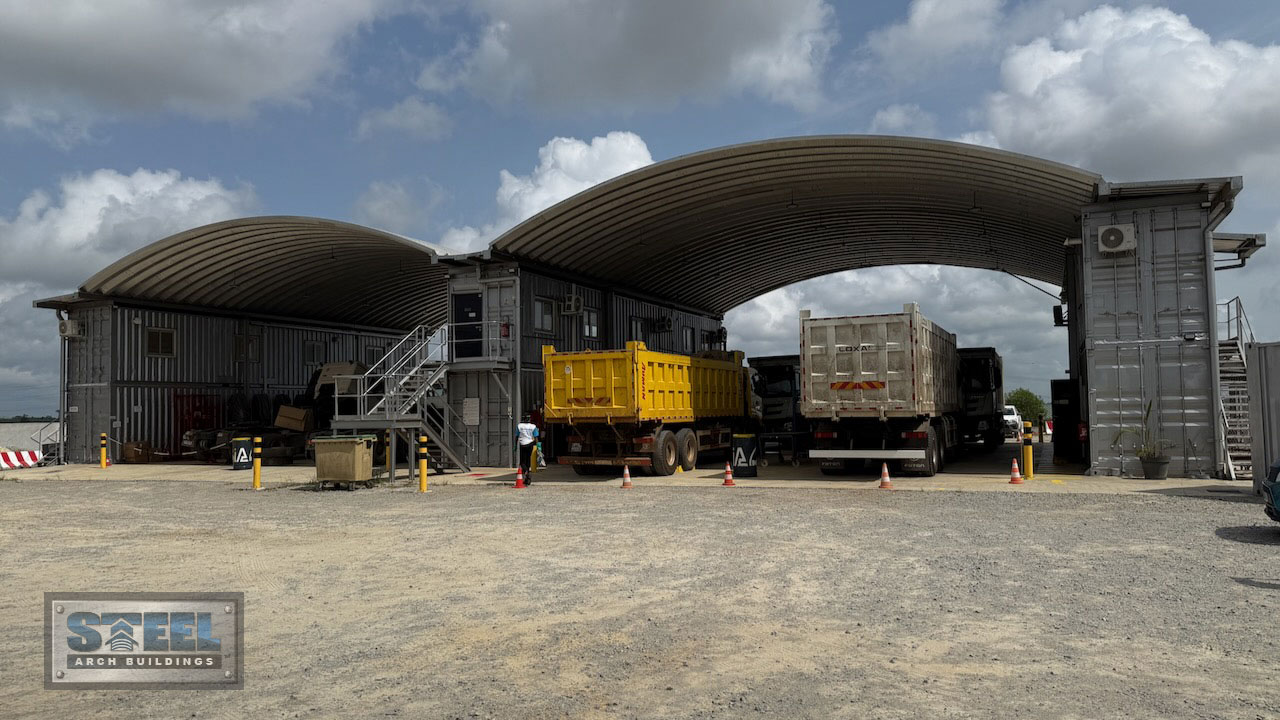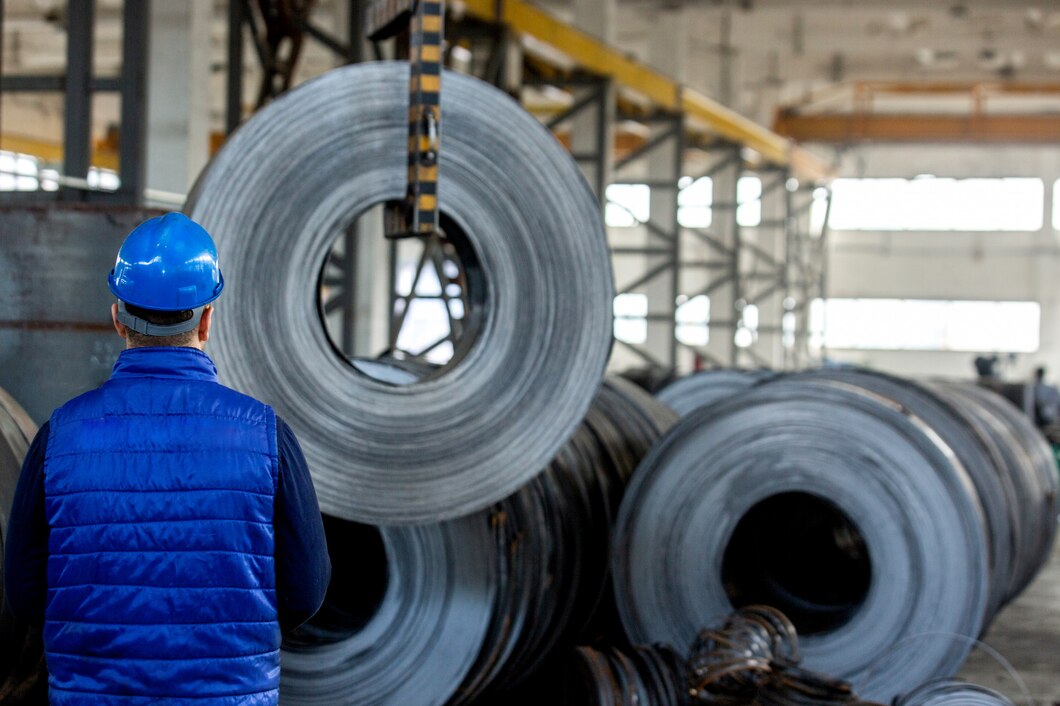Tariffs are economic price control measures on raw materials that can have lasting consequences for manufacturing industries. If leveraged correctly, tariffs on international products can the level the playing field for domestic industries by encouraging international suppliers to adopt fairer trade practices. Although the word “tariff” often sends shockwaves through retail supply chains and domestic consumers, such sanctions can incentivize domestic research and development, optimizing manufacturing and emboldening stateside production.
What are Steel Tariffs?

Tariffs are ostensibly a form of protectionism. Governments want to protect consumers from exorbitant prices and unfair international subsidies that put domestic manufacturing at a distinct disadvantage. Although governments depend on positive international trade practices in an ever-globalized economy, lawmakers also want to indirectly subsidize domestic production through taxes on imported or exported goods, ensuring low employment in manufacturing while encouraging citizens to “buy local.” But tariffs don’t come without risks. Tariffs can kick off trade wars if international trading partners retaliate with corresponding duties.
While tariffs protect domestic production, escalating import taxes can proportionately incite similar duties in the international market. All international economies supported by each country’s gross domestic product are interconnected. What happens in one national market can have reverberating effects in communities half the world away. Rocky trade relations on essential imports not produced domestically can lead to inflation and reduced manufacturing, leading to lost jobs and portending a possible recession. Governments must balance fiscal responsibility with optimized overseas supply chains to ensure stabilized procurement.
How Do Tariffs Work?

Tariffs are rudimentary import taxes. The incoming Trump administration has not demurred from his love of the “art of the deal” and views tariffs as an economic panacea to ailing economies. While tariffs can stimulate economic growth through job creation and deficit production, what amounts to an import tax is not a universal fix-all. At the core, tariffs are levees on imported goods, but the American company purchasing the overseas product pays the tab before that money goes to the U.S. Treasury. While tariffs can fund essential services like childcare, public infrastructure, and defense spending, import taxes can lead to higher consumer prices, with customers ultimately paying the government’s follies. Although international manufacturers might absorb the tariffs to maintain access to domestic markets, the American consumer invariably ends up paying more at the register, as local importers aren’t incentivized to absorb prices in supply-side economies.
Steel Industry Tariffs
Although tariffs will impact more than 200 countries in the US trades, proposed import taxes specifically aimed at China, with Trump threatening a whopping 60 percent tariff on Chinese goods, including steel and aluminum. Excessive steel tariffs can lead to supply chain interruptions and dramatic steel price increases domestically. Steel built America’s vast infrastructure and manufacturing network, comprising the American economy’s bulwark. The average consumer is almost always the collateral damage in trade wars, while business elites reap the most dividends in a withering economy. Rapid price fluctuations can impact automotive manufacturing, construction industries, and steel Quonset huts.

While much domestic steel procurement remains out of industry control, Steel Arch Buildings will never pass on excessive raw material prices to consumers. While domestic bad actors will undoubtedly try to take advantage of free market economies by driving up prices to match the international market’s high ceiling, we will work tirelessly to provide economically feasible steel-building solutions to your storage needs. No need is too great or small. We design and engineer various-sized steel garage building models for each storage dilemma. Our talented engineers can render sturdy, weather-resistant steel garages that optimize space without superfluous add-ons that can drive up final pricing during ongoing trade wars. Let us become your steel mercenary for low-competitive pricing that doesn’t play by the restrictive rules of a trade war that aims at consumers.


